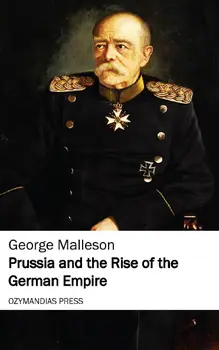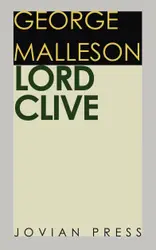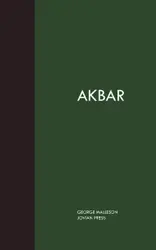The Holy Roman Empire, founded by Charlemagne, and dating from Christmas day 800, died on the 6th of August 1806. It had lived just over a thousand years. The hopes of the great Charles that the sceptre would descend in perpetuity to members of his own family had not been realised. The family became extinct in 911. From that date the numerous dukes and counts who had been content to serve as officers of the imperial court asserted their independence, and with it the right to elect their supreme overlord. The method of election, under the arrangement originally settled, was gradually found to be in practice crude, unwieldy, and unworkable. In the thirteenth century, then, the electoral basis was narrowed by restricting the voting power to seven of the most influential magnates of the land. In 1648 the number was increased to eight, and in 1692 to nine. It was reduced to eight in 1777, but the peace of Lunéville (February 9, 1801) increased it to ten. From the year 1407 onwards the electing body had, with rare exceptions, conferred the dignity on the representative of the House of Habsburg...

Vi var mange : kvinneaktivister fra 70-tallet forteller
book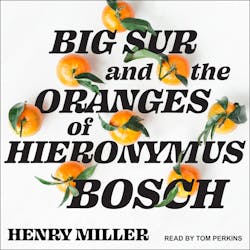
Big Sur and the Oranges of Hieronymus Bosch
Henry Miller
audiobook
Jegerånden : å lede i fred, krise og krig
Eirik Kristoffersen
audiobook
Min kamp mot kalifatet
Mike Peshmerganor
audiobook
Mormor danset i regnet
Trude Teige
audiobookbook
Vi er ikke her for å ha det morsomt
Nina Lykke
audiobook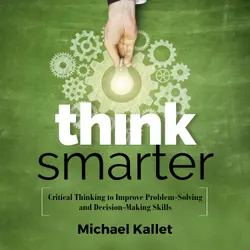
Think Smarter : Critical Thinking to Improve Problem-Solving and Decision-Making Skills
Michael Kallet
audiobook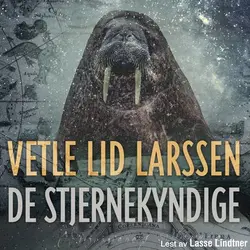
De stjernekyndige : roman
Vetle Lid Larssen Lid
audiobook
Museum for mordere og redningsmenn : roman
Simon Stranger
audiobook
Heinrich von Kleist – Ein Gewitterleben
Alexander Kluge
book
Adam Oehlenschläger og den romantiske skole
Ludvig Schrøder
book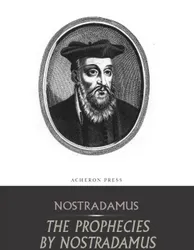
The Prophecies by Nostradamus
Nostradamus
book
